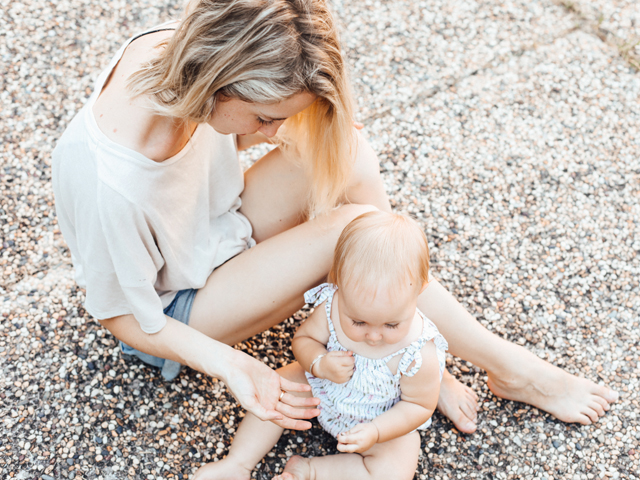Can Australian Women Access Frozen Donor Eggs?

You desperately want to experience giving birth and having your own child. Unfortunately, perhaps due to age or unexplained infertility, it's just not happening. You've repeatedly tried In Vitro Fertilization, but the frustration continues.
If this sounds like you, this kind of experience can be emotionally devastating and anxiety-inducing. Fortunately, there's a way to restore your hope in getting pregnant by using donated eggs. Rather than finding a fresh egg donor in Australia, it's much more affordable to find and access frozen donor eggs abroad.
If you're a woman living in Australia, it's particularly difficult to procure donor eggs due to current laws. Therefore, your best chance is to find a frozen donor egg bank abroad who'll work with your clinic in Australia or with a clinic located in a different country.
Egg Donation in Australia
In Australia, egg donation is highly unregulated; there's no central registry or egg bank.
Due to the Prohibition of Human Cloning for Reproduction Act, it's illegal in Australia to sell any human tissue including embryos, sperm or eggs. Donors can't legally receive money for their egg donations, and they must remain anonymous if they do so. This means any woman choosing to donate her eggs must be willing to do it for free, without any means of contacting future children. Consequently, these donations are very rare. Women in Australia can receive egg donations from women they already know, like close friends or family members, but it's quite challenging to find such a donor.
Alternatively, there are private organizations which connect donors to women who want to conceive, or women can advertise on their own to find donors. However, a health minister must give permission to allow it. Overall, there's not much support offered to women, from clinics or Australian donor centers. With such an emotional process, this lack of support can make it that much harder. But there's nothing stopping Aussie women from going overseas and continuing their journey in a more supportive environment.
International Donor Egg IVF
It may seem out of the ordinary to go abroad for donor egg IVF treatment, but it's actually quite common. In some countries, 50% of an IVF clinic's clients are from abroad locations, and some even have airport pickup and emergency contact services to accommodate patients.
Choosing a Country
There are many factors to consider when choosing the country where you'll receive donor egg IVF. For example, different countries' laws can impact how much information you're able to obtain about the donor before you make your selection. Along with the Czech Republic, the United States is the most-chosen destination for Aussie women receiving donor eggs abroad.
In the US, you can view adult and child photos of the donors, plus standard information about the donor's health, education, and personality. If you're over 50, laws in most countries will prohibit you from receiving donor eggs. Similarly, only a few countries (like the US) allow IVF with donor eggs when the recipient is a single woman, or if her partner is also a woman.
What to Expect
Many egg donation facilities offer online consultation services so you can begin to ask questions and plan before you get to your destination. When you use frozen donor eggs as opposed to fresh donor eggs, a key difference is you don't have to synchronize your menstrual cycle with your donor's cycle. That difference is especially important when you're traveling from outside of the country to receive IVF. With the use of fresh eggs, matching cycles can take up to 4 to 8 weeks and is unpredictable. By using frozen eggs, you can plan your trip according to the time of your next period - only your cycle matters.
When you arrive in your chosen country and travel to your selected medical facility, the clinic should give you a schedule outlining your IVF process. They'll provide progress reports and updates about the embryo transfer - you'll know what's happening to your body and when it'll happen. Your clinic should take great lengths to ensure your comfort and support. You can expect your treatment abroad to be of the highest quality and effectiveness.
Travelling Abroad for Frozen Donor Eggs
The current laws in Australia make it exceptionally difficult to receive IVF with donated eggs. If traditional IVF isn't working for you and you're a candidate for donor eggs, you can go abroad to receive the care and treatment you deserve during this emotional process. Since egg donation is easier and happens more regularly in other countries, egg donor establishments in the US offer more support to those struggling to get pregnant. US laws make it easier to conceive via donor eggs in many ways, so you can enjoy your journey rather than stress about it.
Photo by Katie Emslie on Unsplash
MORE



